Which of the following compounds react slower than benzene in electrophilic substitution?
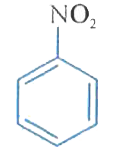
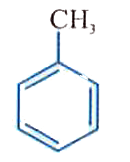
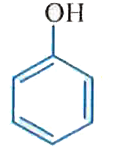
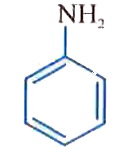
The correct Answer is:A
To determine which compounds react slower than benzene in electrophilic substitution reactions, we need to analyze the nature of the substituents attached to the benzene ring.
1. Understand Electrophilic Substitution:
- Electrophilic substitution reactions involve the replacement of a hydrogen atom in the benzene ring with an electrophile. The reactivity of benzene in these reactions is influenced by the substituents on the ring.
2. Identify the Role of Substituents:
- Substituents can either be electron-donating or electron-withdrawing.
- Electron-donating groups (like -OH, -NH2) increase the electron density on the benzene ring, making it more nucleophilic and thus more reactive.
- Electron-withdrawing groups (like -NO2, -CN) decrease the electron density on the benzene ring, making it less nucleophilic and thus less reactive.
3. Analyze Each Compound:
- Compound with -NO2 (Nitro group): This is an electron-withdrawing group. It pulls electron density away from the benzene ring, making it less nucleophilic and thus slower to react than benzene.
- Compound with -OH (Hydroxyl group): This is an electron-donating group. It increases the electron density on the benzene ring, making it more reactive than benzene.
- Compound with -NH2 (Amino group): This is also an electron-donating group. It similarly increases the electron density on the benzene ring, making it more reactive than benzene.
- Compound with -X (Halogen): Halogens can be considered as weakly electron-withdrawing due to their electronegativity, but they also have lone pairs that can donate electron density. However, their overall effect is still to activate the ring slightly, making them more reactive than benzene.
4. Conclusion:
- Among the compounds analyzed, the one with the -NO2 group is the only substituent that makes the benzene ring less reactive than benzene itself. Therefore, it reacts slower than benzene in electrophilic substitution.
Final Answer:
The compound that reacts slower than benzene in electrophilic substitution is the one with the -NO2 (Nitro group).
---
- Electrophilic substitution reactions involve the replacement of a hydrogen atom in the benzene ring with an electrophile. The reactivity of benzene in these reactions is influenced by the substituents on the ring.
- Substituents can either be electron-donating or electron-withdrawing.
- Electron-donating groups (like -OH, -NH2) increase the electron density on the benzene ring, making it more nucleophilic and thus more reactive.
- Electron-withdrawing groups (like -NO2, -CN) decrease the electron density on the benzene ring, making it less nucleophilic and thus less reactive.
- Compound with -NO2 (Nitro group): This is an electron-withdrawing group. It pulls electron density away from the benzene ring, making it less nucleophilic and thus slower to react than benzene.
- Compound with -OH (Hydroxyl group): This is an electron-donating group. It increases the electron density on the benzene ring, making it more reactive than benzene.
- Compound with -NH2 (Amino group): This is also an electron-donating group. It similarly increases the electron density on the benzene ring, making it more reactive than benzene.
- Compound with -X (Halogen): Halogens can be considered as weakly electron-withdrawing due to their electronegativity, but they also have lone pairs that can donate electron density. However, their overall effect is still to activate the ring slightly, making them more reactive than benzene.
- Among the compounds analyzed, the one with the -NO2 group is the only substituent that makes the benzene ring less reactive than benzene itself. Therefore, it reacts slower than benzene in electrophilic substitution.
The compound that reacts slower than benzene in electrophilic substitution is the one with the -NO2 (Nitro group).
Topper's Solved these Questions
- HYDROCARBONS Book:NARAYNAChapter:HYDROCARBONS Exercise:EXERCISE - 1 (C.W) (OXIDATION AND REDUCTION)
Explore 9 Videos
- HYDROCARBONS Book:NARAYNAChapter:HYDROCARBONS Exercise:EXERCISE - 1 (C.W) (ADDITION REACTION)
Explore 5 Videos
- HYDROCARBONS Book:NARAYNAChapter:HYDROCARBONS Exercise:EXERCISE - 1 (C.W) (CARCINOGENICITY)
Explore 3 Videos
- GENERAL ORGANIC CHEMISTRYBook:NARAYNAChapter:GENERAL ORGANIC CHEMISTRYExercise:Matrix-Match type questions
Explore 7 Videos
- HYDROGEN & ITS COMPOUCDSBook:NARAYNAChapter:HYDROGEN & ITS COMPOUCDSExercise:Interger type questions
Explore 10 Videos
Similar Questions
Knowledge Check
Which of the following compounds react slower than benzene in electrophilic substitution?
A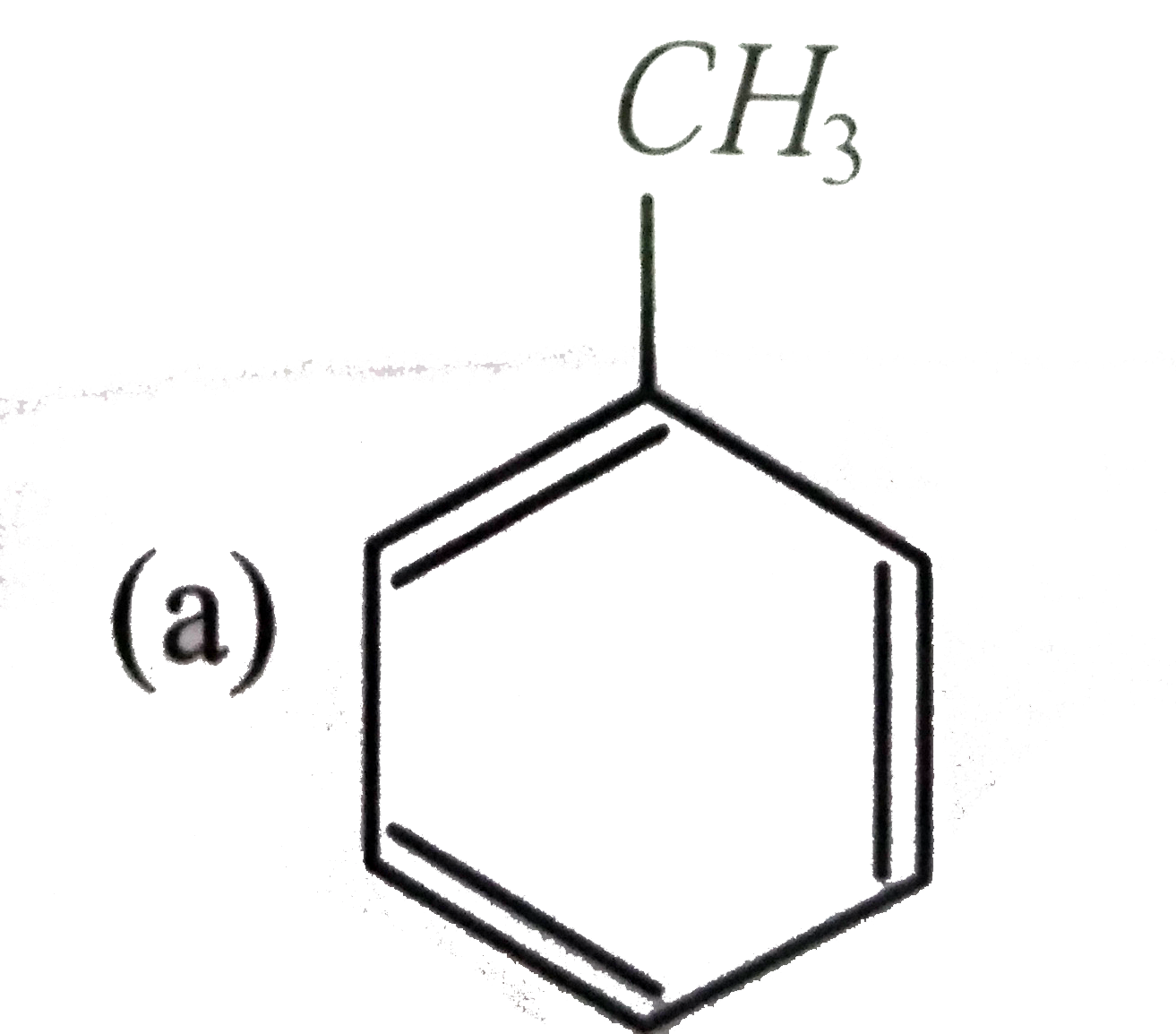 B
B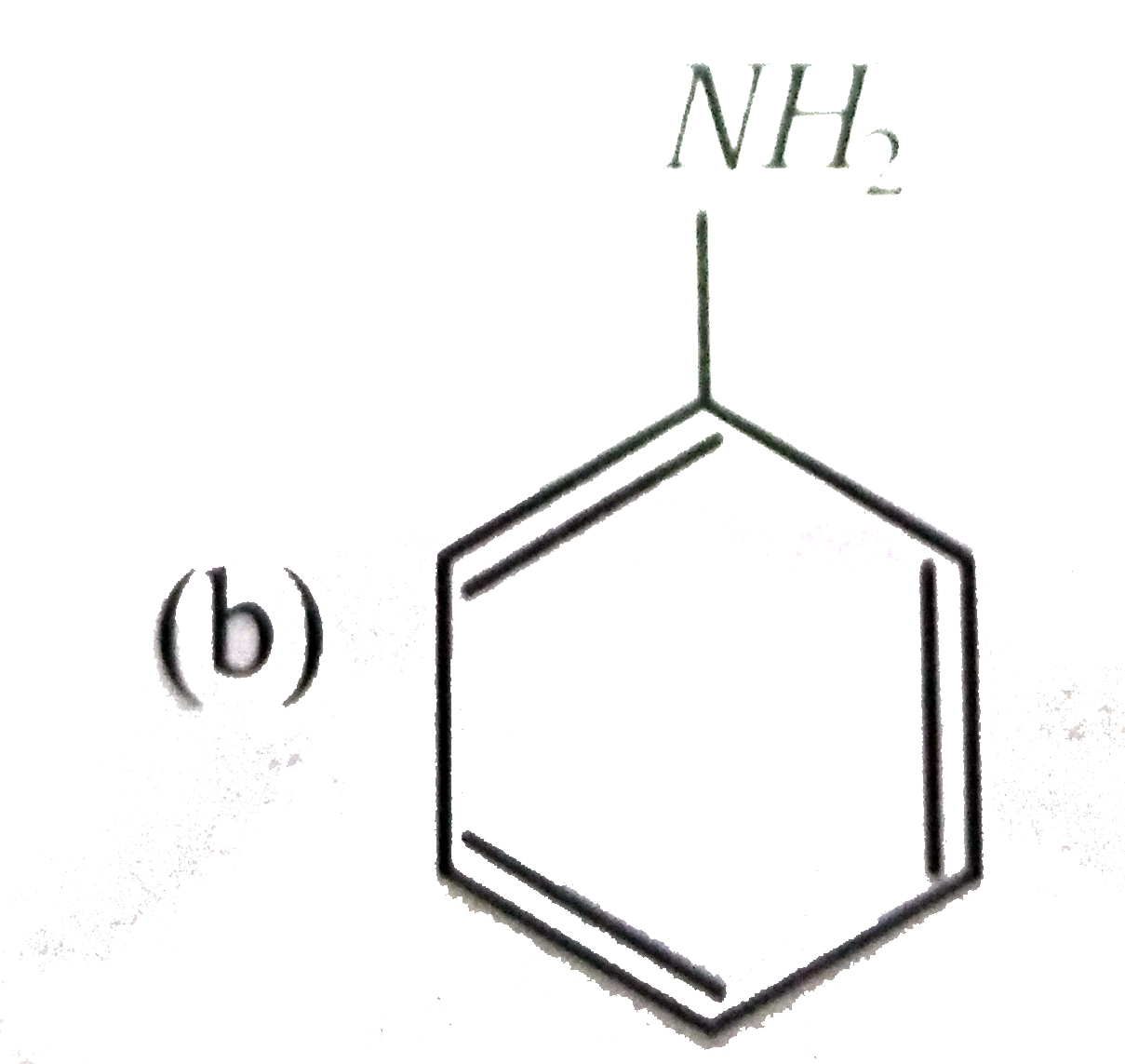 C
C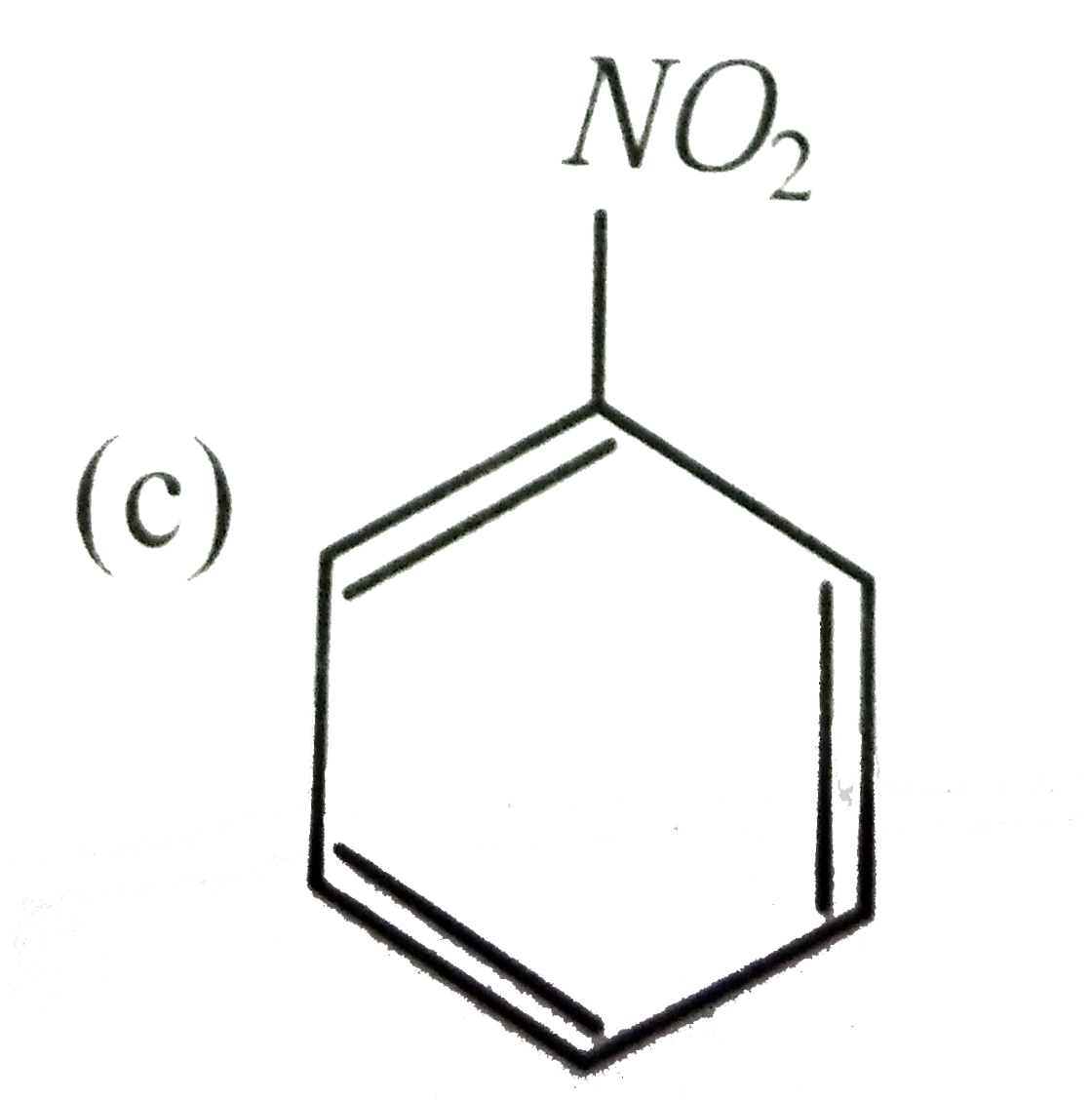 D
D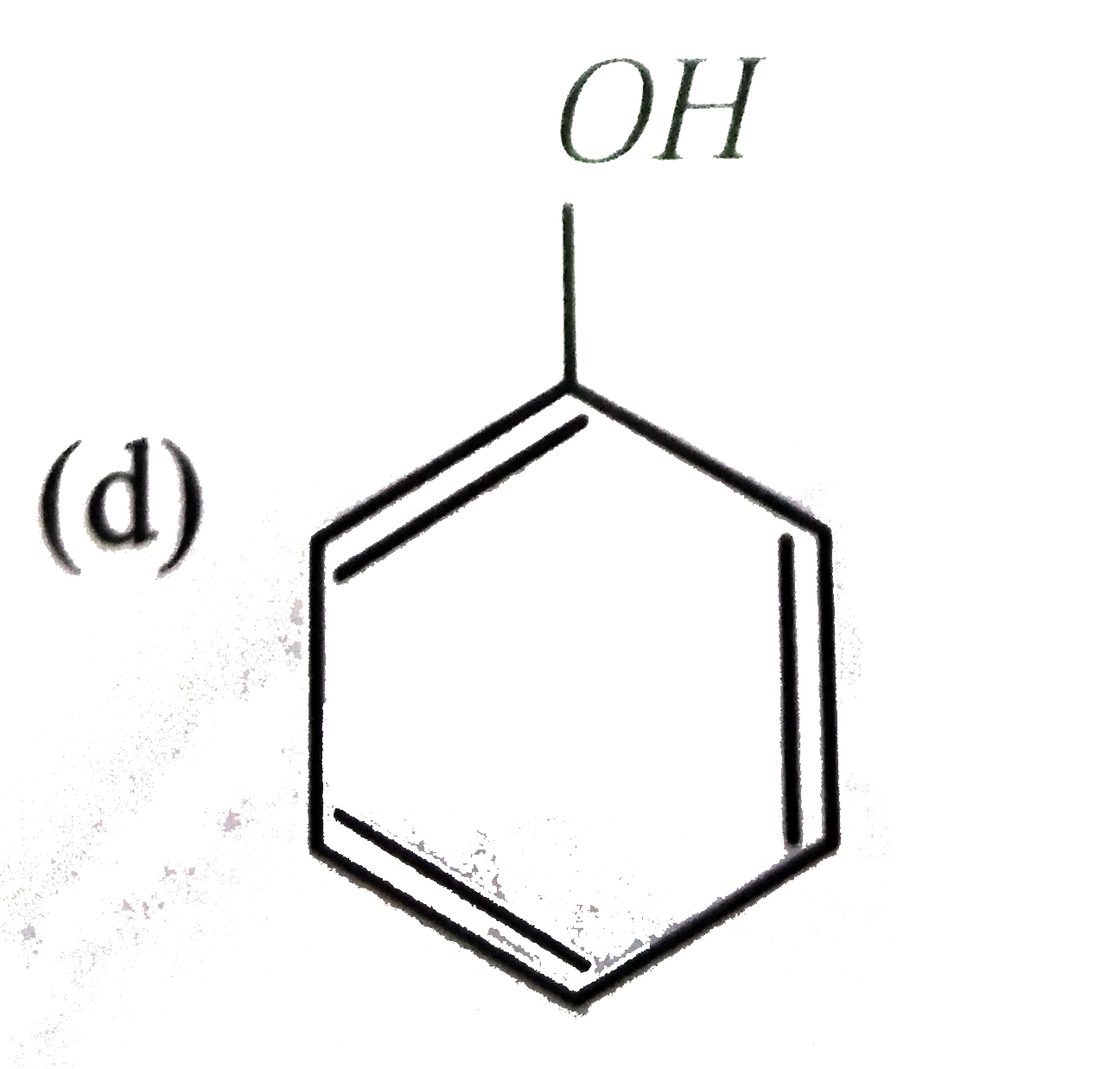
Which of the following compounds reacts slower than benzene in eleetrophilic substitution ?
A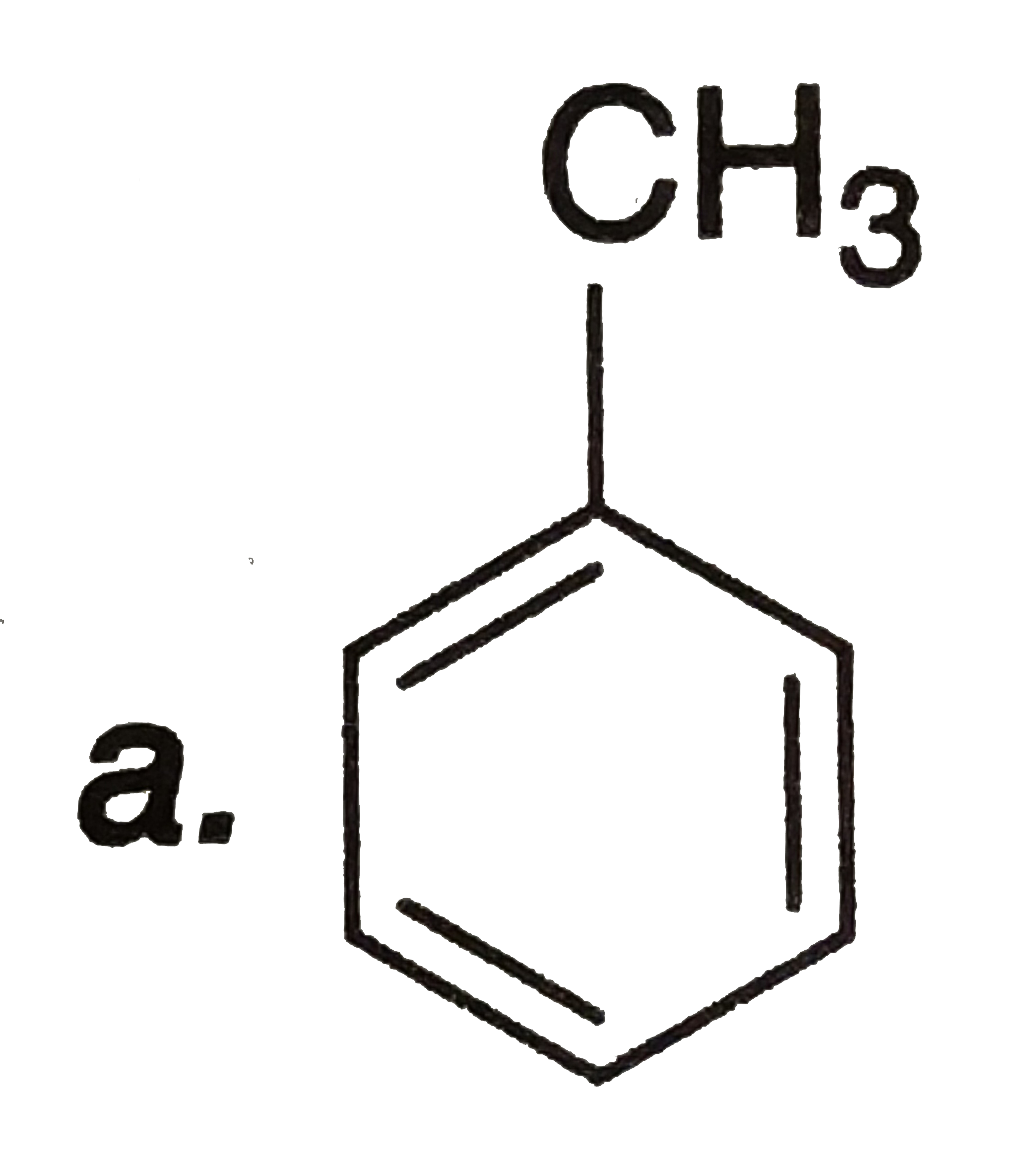 B
B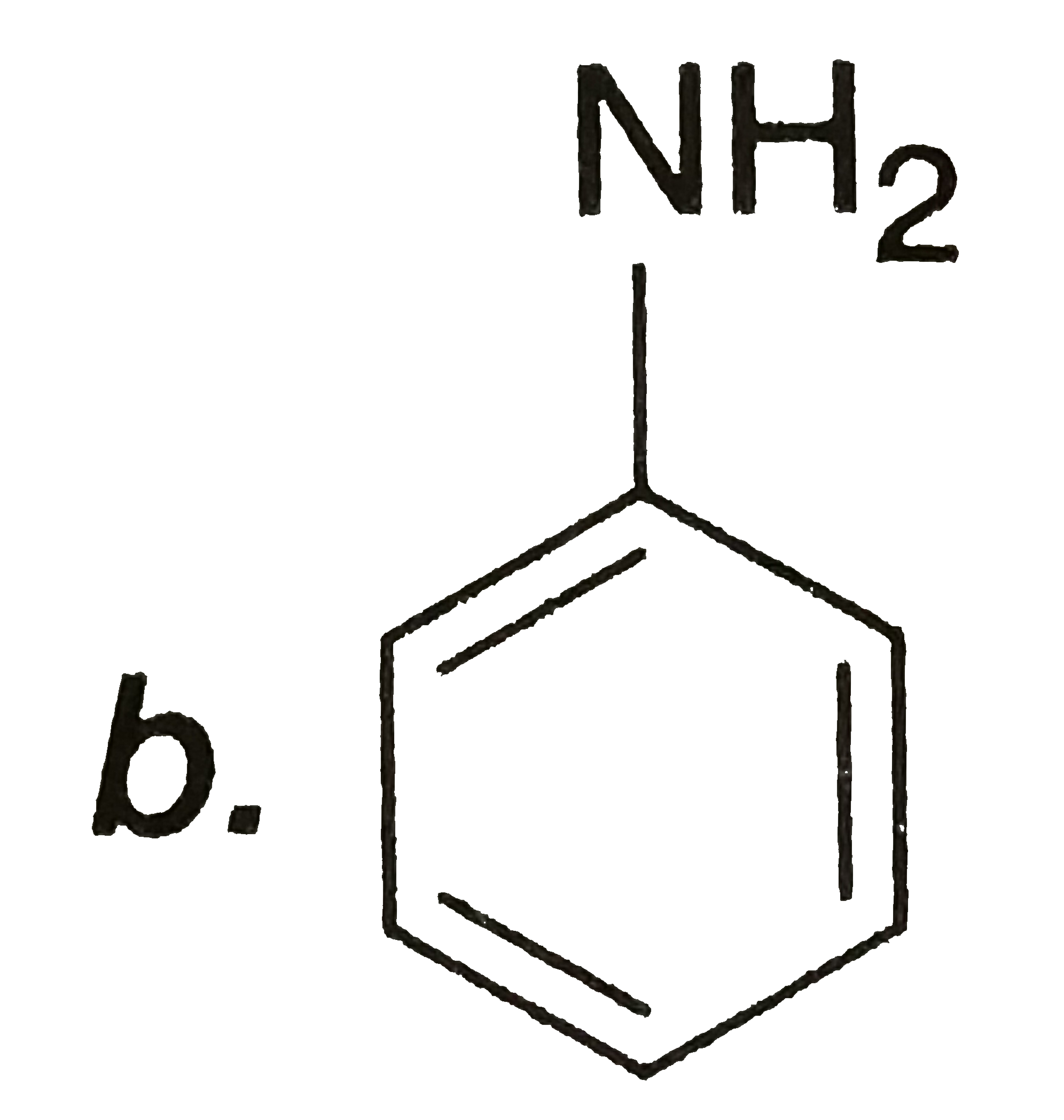 C
C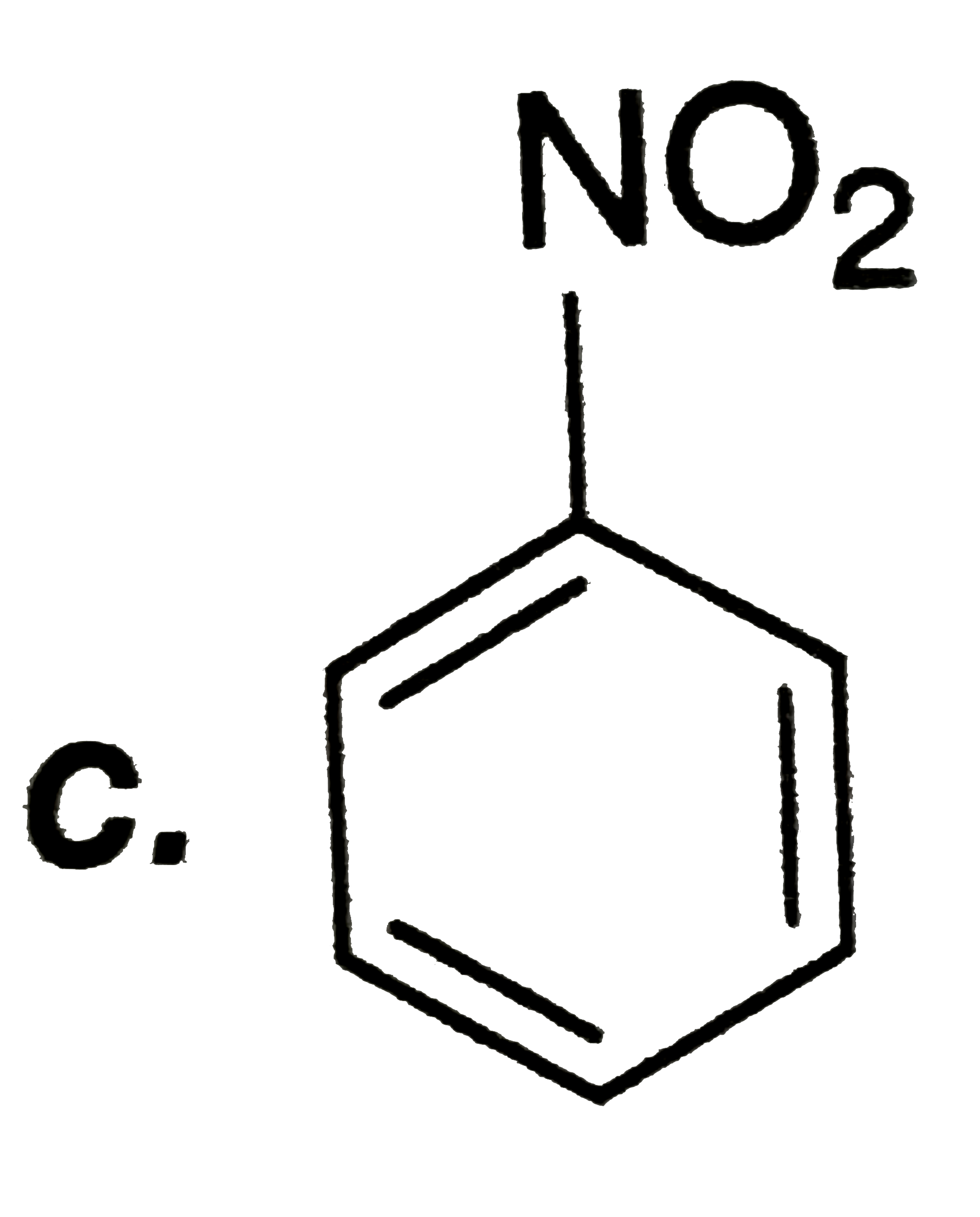 D
D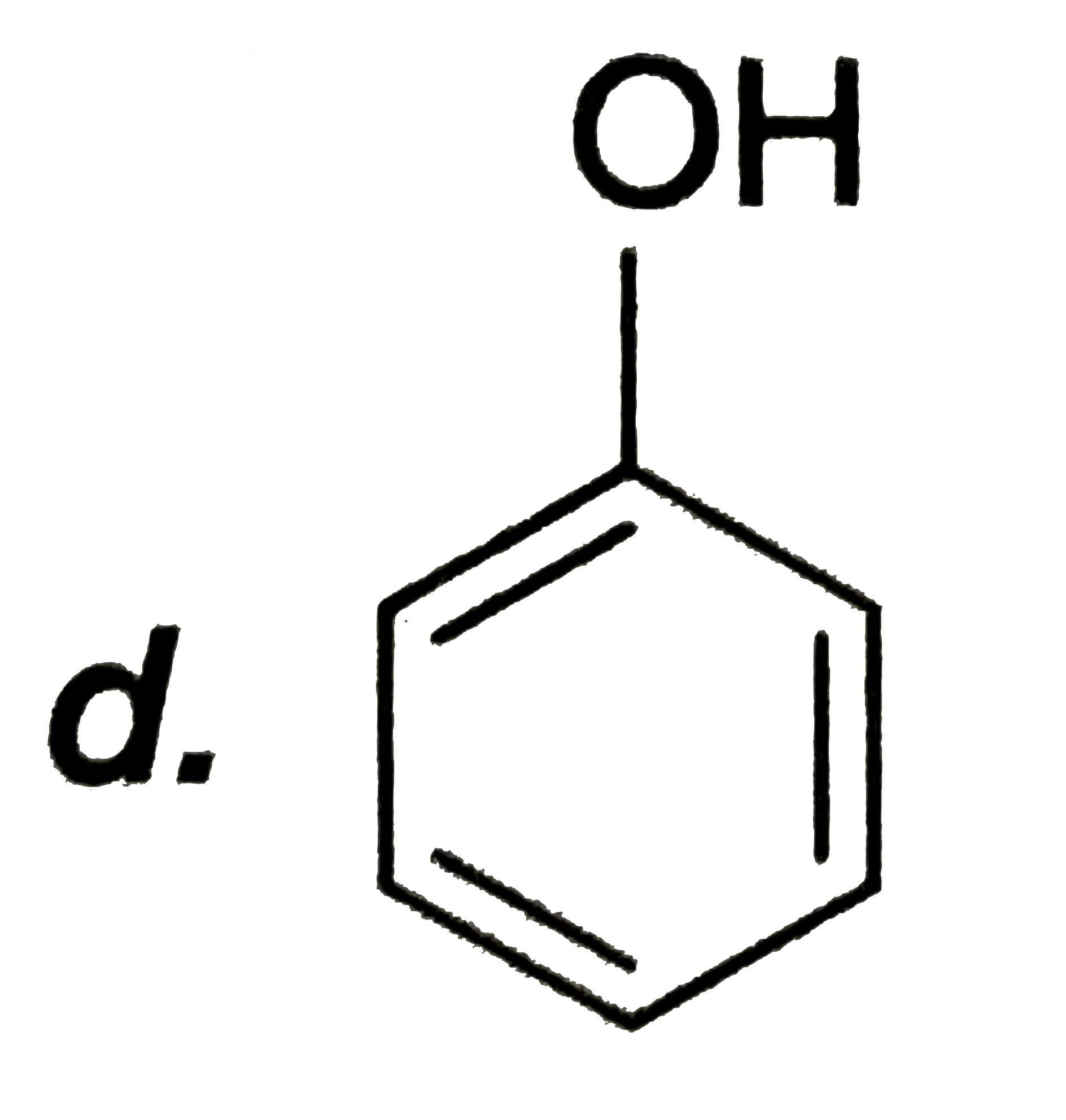
Which of the following compounds reacts slower than benzene in electrophilic bromination in the benzene ring?
AC6H5NO2BC6H5CH3CC6H5OHDC6H5CH3
Benzene has six π electrons delocalized in sex p-orbitals that overlap above and below the plane of the ring. These loosely held π electrons make the benzene ring e− rich and so it reacts with electrophiles. Benzene follows huckel's rule so it is specially stable. Reactions that keep the aromatic ring intact are therefore favoured.
Which of the following is less reactive than benzene in electrophilic aromatic substitution
View SolutionWhich of following species is less reactive than benzene in electrophilic substitution reaction
View SolutionWhich of the following compounds is most reactive in electrophilic aromatic substitution?
View SolutionWhich of the following group(s) activate the benzene ring towards electrophilic substitution reaction.
View SolutionWhich of the following will undergo nitration slower than benzene ?
View Solution


